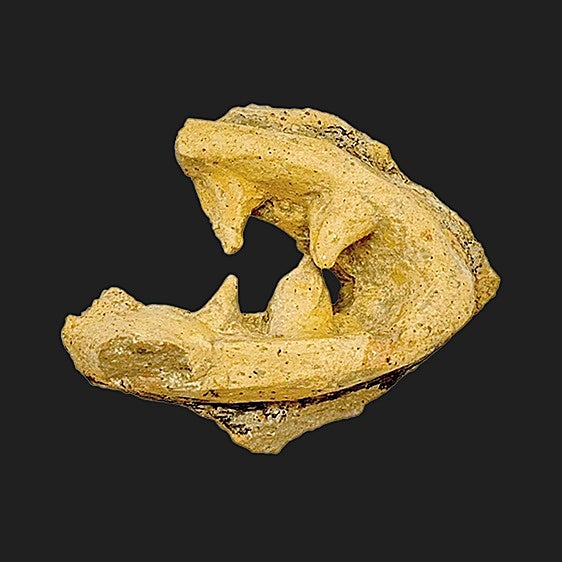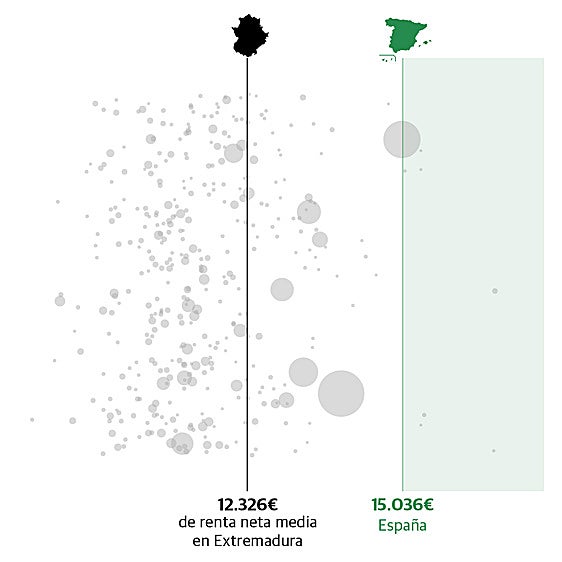Behind the scenes of the work protecting victims of abuse
The National Police in Malaga has a unit of specialist officers investigating cases of gender-based and domestic violence, crime against minors and sexual assault in the province
Irene Quirante
Malaga
Friday, 1 March 2024, 16:35
There is rarely an exception in these cases. Witness statements landing on the desks of officers from the Family and Women Assistance Unit (UFAM) that includes GRUME, the unit for crimes against minors, almost always hit hard like a wrecking ball. Sometimes, it is not even necessary for victims to start talking to realise that they have gone through a terrible ordeal - officers can see it in their eyes.
Firstly, a woman who has endured her umpteenth brutal beating from her husband. A teenager who has been suffering abuse at the hands of her grandfather for years. A mother who is mistreated by her son and who no longer knows where to turn to or to whom to run. Finally, a young woman who had almost reached home, only to be raped in the street by a stranger.
These are just some of the heart-rending cases that, without going into details, fall to this unit of the National Police at their headquarters for Malaga province. To this end, its 40 or so officers, of whom ten are in the Minors Group (GRUME), give their all to be there for the victims of gender-based and domestic violence, sexual assaults or any conduct that seriously harms underage children.
Speaking with SUR, Isabel and Javier (Chief Inspector at UFAM and head of GRUME respectively - they requested no surnames) acknowledged that they investigate crimes that are especially distressing, particularly due to the emotional trauma inflicted on the victims of such crimes. Add to that the fact that these crimes often target the most vulnerable. Consequently, no matter how many years an officer dons that blue uniform, this type of crime takes its toll on them too.
"All too often it's impossible to leave work here without a lump in your throat. We are police officers but we are also human and here we come across accounts of incredible cruelty". In fact, it is not unusual for officers to put in for a transfer to another unit due to the harshness of the cases they encounter, especially those falling to GRUME, as the victims can be so very young and utterly defenceless. "But someone has to do this job," both chiefs pipe up almost in unison.
So, to do this job effectively, officers have work methods that help them watch out for each other's well-being. For example, when investigating an alleged paedophile with a flash drive full of images of a sexual nature involving children, or there are videos showing the abuse of a young baby: "We don't let the viewing fall to just one colleague, because they are hard-hitting files and they must be viewed over and over again to extract useful information," explains Javier.
That gut-wrenching feeling in the stomach of each officer typically occurs once they reach home. Although empathy is a key factor in letting victims know that they are not alone, in this job it is also essential to keep a cool head when conducting an investigation to shed light on what really happened. "You have to examine each reported crime carefully, there are times when things are pretty straightforward, such as when abuse occurs within a family and the perpetrator has been identified, and then other times the investigation is more drawn-out or we end up with a very different outcome," says Isabel.
This has a lot to do with the fact that "nowadays there is much more reporting of such crimes because society is more aware". Not only that, but also hospitals, schools and other organisations have protocols in place so the alarm can be raised whenever there are signs of sexual or gender-based violence or bullying. Despite the fact that many crimes can come to the surface in this way, there are also times when it is unclear whether or not a criminal offence has actually been committed.
"For instance, when there are conflicting interests between parents who have split up. Sometimes we receive a parent's complaint that their son has been mistreated by their ex because he's turned up with a bruise; or someone calls us to flag up a case of gender violence because they have heard an argument, but no violence has taken place," says the head of UFAM.
Gender-based and sexual violence
The unit is logging more and more cases of gender-based and sexual violence, largely thanks to the progress made in raising awareness at the society level. Still, officers are very familiar with other problems that are less well-known to the public. "We receive many complaints of abuse of parents; just think how desperate they would have to be to report a son, who they can't even throw out of the house, or don't want to, because he is a teenager, but who is making their lives impossible," says Isabel.
The police go as far as they can. They conduct an investigation and, if there are clues, they proceed to the arrest and the matter is placed in the hands of the relevant judicial authority (in the case of adolescents aged 14-17 that is the Juvenile Public Prosecutor's Office). For juveniles, says Isabel, they lack protocols and resources such as those available to victims of domestic violence. "Gender-based violence is a scourge on society, as is violence within the family, but here we note that the victims feel much more alone," highlights Isabel.
Unit members have also observed the consequences of a lack of knowledge in wider society when it comes to IT. This has translated into a greater volume of crimes committed via the internet. "There is no education or control led by the parents. There are children who start sending photos after chatting online for a while with someone who has gained their trust, and then they end up being exploited by an older man, a technique known as grooming," says Javier.
Social media
On the other side of the coin, adds Isabel, is the concept of responsibility when criminals venture into using social media: "We see that there is much more vulnerability for perpetrators of these crimes, but accountability on their part seems to get watered down too, as they believe there will be no repercussions. Then there continues to be crimes that will always be prosecuted, such as bullying when it switches to social media platforms," she says.
The work of UFAM is not usually the kind of policing requiring a large deployment of patrol cars, nor is their presence announced by the sound of sirens. The important thing for them is to ensure that victims are protected and their attackers arrested. Thus, although it is often painful to deal with the drama, it also reminds them daily of why they once decided to join the police force.



